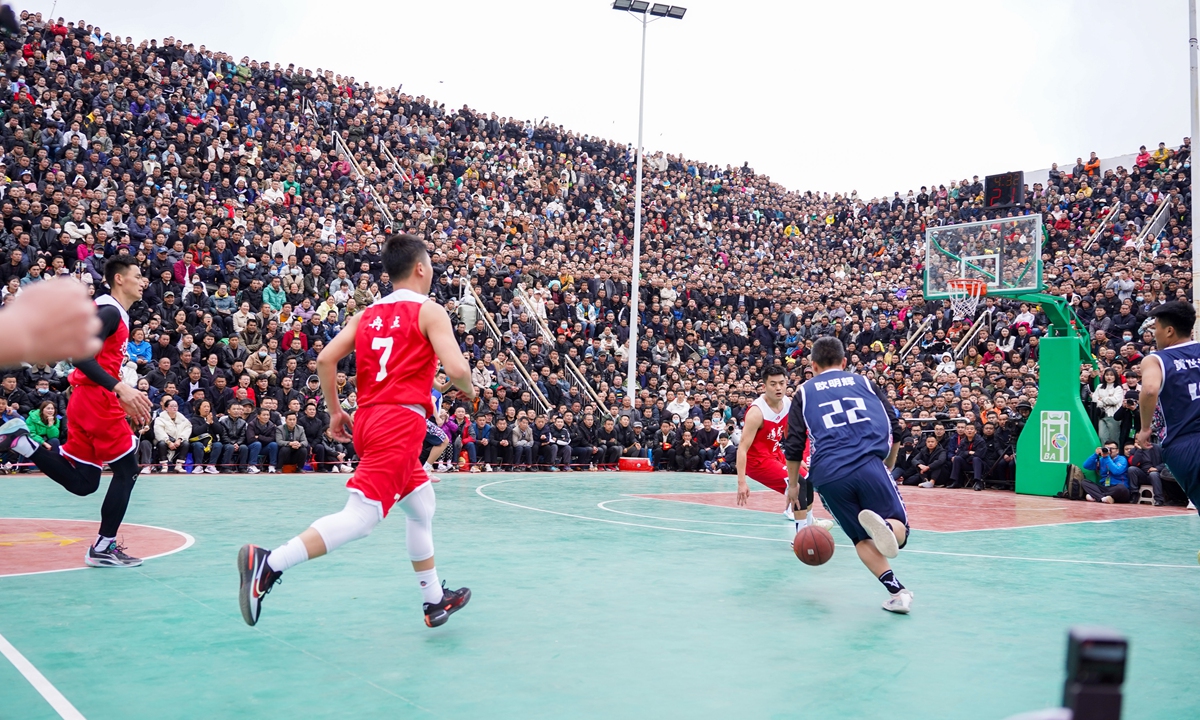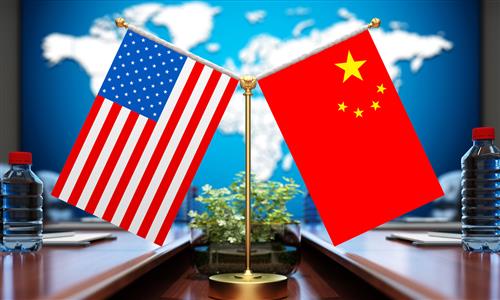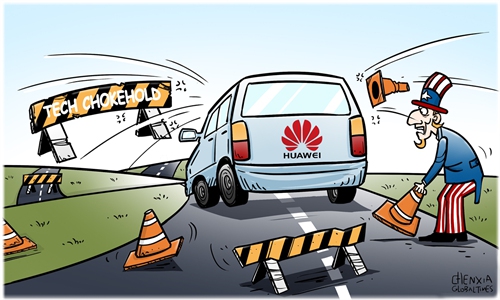US sports, tech personnel seek China ties while Washington makes emergence of new ‘Ping-Pong Diplomacy’ difficult

Some 30,000 people gather in Taipan village, Southwest China's Guizhou Province on March 27, 2023 to watch the Village Basketball Association. Photo: VCG
As calls constantly emerge from former US diplomats and scientists to enhance people-to-people exchanges between the US and China, experts also urged US policy makers to listen to the voice of the public and stop creating obstacles in people-to-people interaction. They pointed out that the main obstacle in replicating Ping-Pong Diplomacy lies in the toxic political climate in the US toward China.
"Basketball can still build bridges between the US and Chinese youths. Chinese village players could be invited to participate in basketball camps in US cities, and urban American players could spend summers playing in rural China," Leland Lazarus, a former Consular Officer at the US Consulate General in North China's Shenyang, said recently in an op-ed article published in the Washington Post.
Lazarus hopes "village basketball" can become the 21st-century version of Ping-Pong Diplomacy for US-China ties. His wish came after the incredibly warm interaction between an NBA player and rural Chinese villagers.
In late July, NBA Miami Heat star Jimmy Butler paid a visit to Taipan Village in Southwest China's Guizhou Province, the birthplace of "Cun Chao," or the "Village Basketball Association," China's rural basketball tournament that went viral in 2022. Upon arrival, he was warmly greeted by thousands of adoring Chinese fans and players who shouted Butler's name when he showed up.
Deeply touched by local people's hospitality and the popularity of basketball in rural China, Butler kept using the word "incredible." Butler entered the court wearing Miao ethnic silver jewelry and greeted the audience in the local dialect, saying "Hello, everyone, my dear fellow villagers and elders" to express his friendly feelings.
Besides dribbling and making practice shots on the court, Butler also went to local primary schools and gave students a lively basketball training class, encouraging these children living in a rural area to unleash their potential and experience the joy of sports through basketball.
When people from different countries never meet and learn about each other's culture, history and language, they are prone to demonize each other, Lazarus pointed out.
Lazarus is not the only one appealing for more personal encounters among people of different cultures, which can build trust and reduce misunderstandings. In late August, thousands of US scientists called for the White House to renew the 43-year-old US-China science and technology cooperation agreement.
Two Stanford physicists Peter Michelson and Steven Kivelson, who gathered signatures from 1,000 scientists and scholars from US universities supporting the renewal of the agreement, said they were not hopeful about the deal's future given the intense anti-China political sentiment in Washington.
"We can attest that cutting off ties with China would directly and negatively impact our own research, the work of our immediate colleagues, and/or the educational mission of our universities," they said.
As for the claim that "China is stealing great science from the US," Kivelson said in the field of quantum materials in which he studies, China invests more than the US and many experiments conducted by his colleagues have benefited from Chinese research achievements for free.
"When communication channels are open, we directly benefit," Kivelson said.
Experts said these calls reflect that people from China and the US share a common love for certain issues and possess a strong desire to interact with each other despite the difficulties facing bilateral talks on political and official levels.
From "Ping-Pong Diplomacy" to "Sister City Exchanges" and further interactions in education, technology, healthcare, culture, public health, and social affairs, these exchanges have facilitated the integration and communication between the people and societies of both countries at various levels, Diao Daming, a professor at the Renmin University of China in Beijing, told the Global Times on Thursday.
"People-to-people exchanges have been an inexhaustible driving force for China-US relations. As of today, 284 pairs of friendly provinces, states and cities have been established between the two countries," Chinese Foreign Ministry spokesperson Mao Ning said at a Monday press conference, saying that closer exchanges meet the aspirations of the people and the trend of the times, and serve the fundamental interests of both countries and peoples.
When the current political exchanges between the two sides is bumpy, officials should vigorously promote people-to-people exchanges if possible as they can be beneficial for maintaining stability in bilateral relations, Li Haidong, a professor at the Institute of International Relations at the China Foreign Affairs University, told the Global Times.
Li said the aim of such exchanges is to get the truth.
"Both sides can understand how the people in the other country think and can see whether the other country's governance is truly effective. The more the US public knows the truth, the narrower the market will be for the anti-China US politicians," Li said.
As the hope to grow China-US relations is in the people and the future lies with the youth, Diao said certain US politicians should genuinely consider the interests of the whole country and its people and facilitate more people-to-people interactions between the two countries and create a conducive environment for such exchanges.


